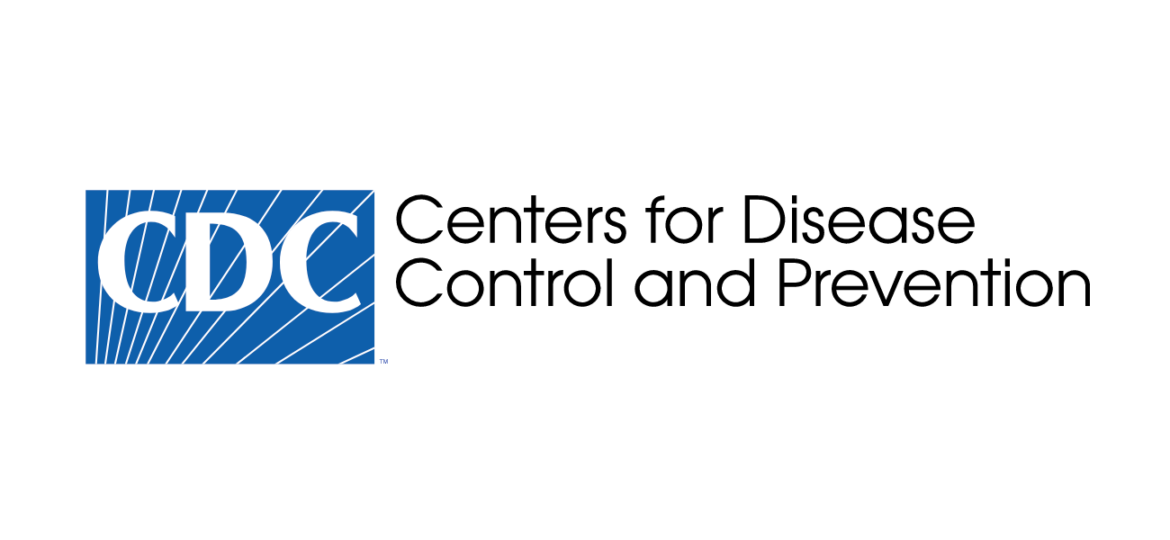By Iyemah David
The United State Centre for Disease Control (U.S CDC), says it supports the establishment of a Regional Emergency Operations Centre (EOC), and Regional Information Hub to allow for better coordination and information sharing across the Region.
The U.S CDC, Nigeria Country Director, Dr. Mary Boyd, disclosed this in an interview on Thursday in Abuja, on the sideline, of a three days’ workshop, of the Regional Integrated Surveillance and Laboratory Networks (RISLNET), implementation for the West African Region.
Boyd said that those establishments were made possible through the West Africa Regional Collaboration Center, Regional Center for Surveillance and Disease Control (RCSDC).
She said that the world found it-self at a historical moment in the past two years, and it have not seen the last pandemic.
“So, we hope we can be better prepared for whatever lies ahead with this workshop efforts. I am happy that RISLNET is being launched on a foundation of collaboration that already exists.
“For example, at the peak of the first COVID-19 wave in Nigeria, a tripartite partnership of the U.S. CDC, AfCDC and World Bank established a first-of-its-kind COVID-19 sample collection center in Abuja at the International Conference Center (ICC).
“This model has since been democratized by NCDC across many states, helping to improve sample collection efforts across the country,” she disclosed.
According to her, “We, live in a global village, and that fact has never been more apparent than it is today. We have witnessed disease outbreaks originating in one corner of the world become intercontinental and transcontinental dilemmas, ricocheting at top speed all over the world.
Body said that unfortunately, Sub-Saharan Africa continues to bear the brunt of this as the region found itself confronted by not only longstanding but also emerging and remerging infectious disease threats.
“COVID-19 is only one such disease threat. In fact, while combatting a devastating COVID-19 pandemic, many countries were not spared the deluge of other outbreaks.
“We saw the first known case of Marburg virus disease in Guinea in 2021, the ongoing cholera outbreak in Cameroon that surged to even higher levels in March 2022, a challenging Lassa fever outbreak in Nigeria, and the recent detection of wild poliovirus in Malawi, two years after Africa was declared free of indigenous wild polio.
“Yes, COVID-19 exacerbated pre-existing weaknesses in the system, but these myriads of outbreaks have ongoing devastating health and economic effects on many countries.,” she explained.
She explained that without a doubt, it has been an overwhelming couple of years. Stressed that, these challenges have also created opportunities and added a sense of urgency for transformational change.
“One such catalytic change is what we’re here to launch- that is Regional Integrated Surveillance and Laboratory Network (RISLNET), established by the Africa CDC to coordinate and integrate all public health laboratory, surveillance, and emergency response assets.
“This including public health data, with the aim to effectively support prevention, rapid detection and response to current and emerging public health threats within defined geographic regions of Africa,” she said:
Boyd said that RISLNET was challenging the once vertical system of disease-specific programs that led to fragmented and inefficient disease monitoring systems in many aspects.
She pledged the continuous support of the U.S. CDC to ensure that the disease response system was functional, that operations can be appropriately utilized to detect and control multiple diseases in the African Region, and that they were also sustainable.
She said that U. S CDC look forward to continuing this trend of collaboration by helping to define the governance structure, function, and operations of the RISLNET over the next few days.




